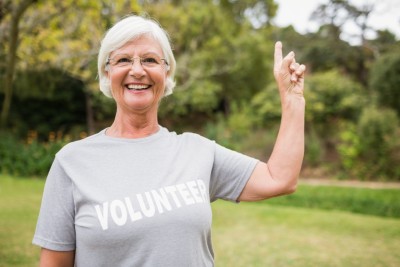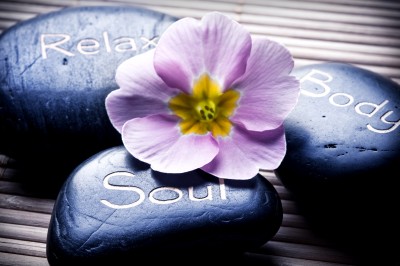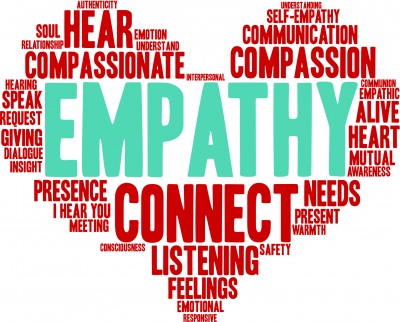 Research has shown that volunteering leads to better health and that older volunteers are the most likely to receive physical and mental health benefits from their volunteer activities. Volunteering often leads to what is referred to as a “helper’s high”.
Research has shown that volunteering leads to better health and that older volunteers are the most likely to receive physical and mental health benefits from their volunteer activities. Volunteering often leads to what is referred to as a “helper’s high”.
This high leads to increased trust in others as well as increased social participation. Those who volunteer have lower mortality rates, greater functional ability and lower rates of depression later in life than those who do not volunteer.
Aging changes social networks, so older volunteers especially benefit from the physical and social activity and gaining a sense of purpose. Research demonstrates that volunteering leads to better health and that older volunteers are the most likely to receive physical and mental health bene ts from their volunteer activities.
“We make a living by what we get. We make a life by what we give.” ―Winston S. Churchill
Having just returned from the N4A conference (National Association of Area Agencies on Aging), I learned that AAA’s rely on more than 90,000 volunteers to meet community needs. Their “Doing Good is Good for You: Volunteer!” program helps recruit new volunteers and educate older adults about the health benefits of volunteering.
The AAA Stepping Up program offers webinars and assignments for volunteers to serve in their mission of helping older adults and people with disabilities live with dignity and choices in their homes and communities for as long as possible.
The boomers have many opportunities to volunteer, and this is one of many organizations that will benefit, especially as the needs for serving this population and their caregivers rises drastically in the future. Numerous studies show that volunteering just two hours per week improves cognitive, emotional and physical health.
The future of aging services in this country will rely heavily on the knowledge, talent and care hearts that Boomers and future generations have to offer. Beyond the health and wellness benefits, volunteering will benefit our communities at all levels from social services, faith based communities and non-profit providers across the spectrum who are partnering together to meet the challenges of our aging world.
For more information on volunteering with an Area Agency on Aging, visit www.areagencyonaging.org/…/volunteer-opportunities
Pam Brandon is President/Founder of AGE-u-cate® Training Institute, whose mission is to provide transformative change through innovative aging and dementia education and training.
 Call it awareness, attention, focus, presence, or vigilance. It’s proving to be a powerful and effective practice in coping with stress. Caregiving can easily top the charts on stress, especially for caregivers of elders with chronic illness and dementia. Mindfulness for caregivers means learning to live in the moment, accept the reality of a situation, and filter out distractions.
Call it awareness, attention, focus, presence, or vigilance. It’s proving to be a powerful and effective practice in coping with stress. Caregiving can easily top the charts on stress, especially for caregivers of elders with chronic illness and dementia. Mindfulness for caregivers means learning to live in the moment, accept the reality of a situation, and filter out distractions. I’ve talked about this martyr syndrome many times over the years when speaking to family caregivers. Often I get an inquisitive look – like “Wow” she just called me a Martyr. When I follow-up my question with assuring them that I got an A+ in the school of caregiver martyrdom, I would hear and feel sighs of relief, as if I had just given them permission to be honest with themselves.
I’ve talked about this martyr syndrome many times over the years when speaking to family caregivers. Often I get an inquisitive look – like “Wow” she just called me a Martyr. When I follow-up my question with assuring them that I got an A+ in the school of caregiver martyrdom, I would hear and feel sighs of relief, as if I had just given them permission to be honest with themselves. Neurological research substantiates that human beings appear to be “wired” to be empathetic. In other words, we all have an innate ability to be empathetic. Would empathy training in dementia care provide a strong foundation tool for front line staff to help improve the quality of life for those living with dementia?
Neurological research substantiates that human beings appear to be “wired” to be empathetic. In other words, we all have an innate ability to be empathetic. Would empathy training in dementia care provide a strong foundation tool for front line staff to help improve the quality of life for those living with dementia?